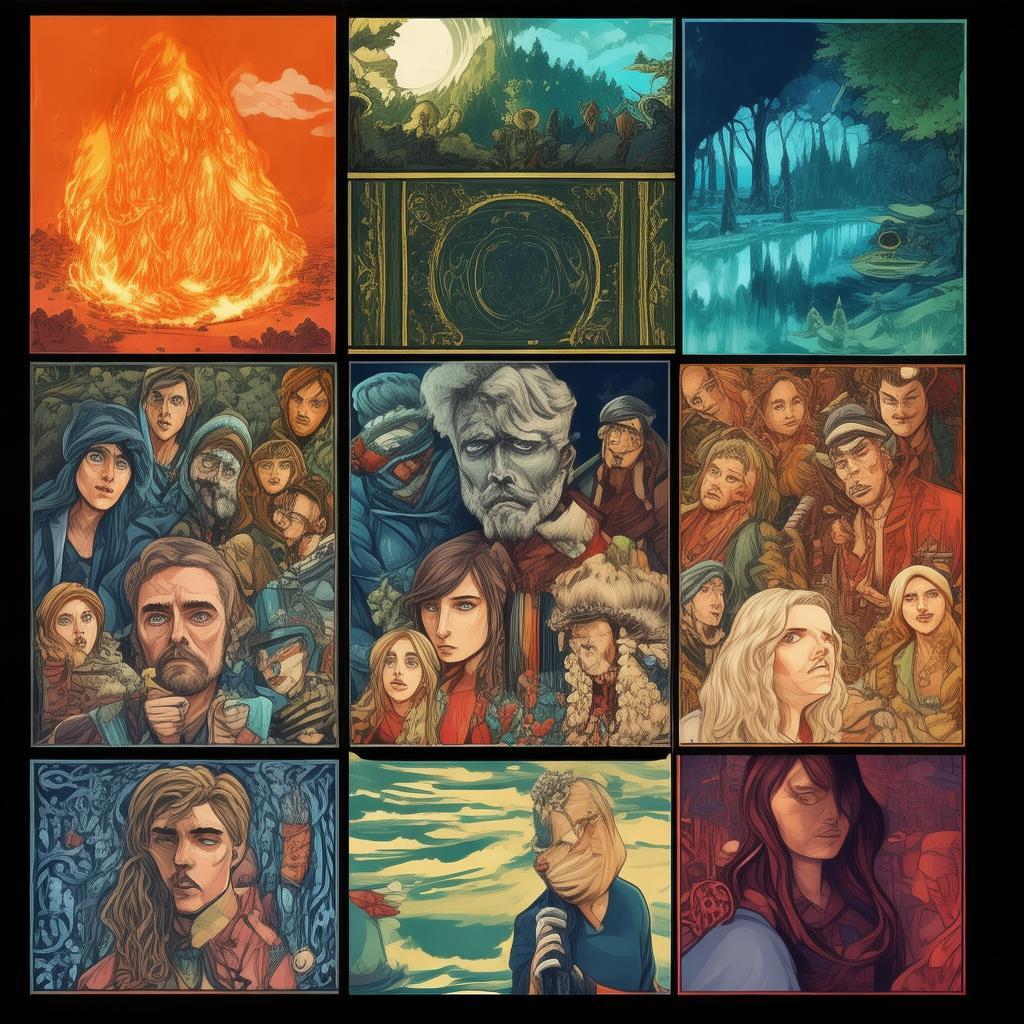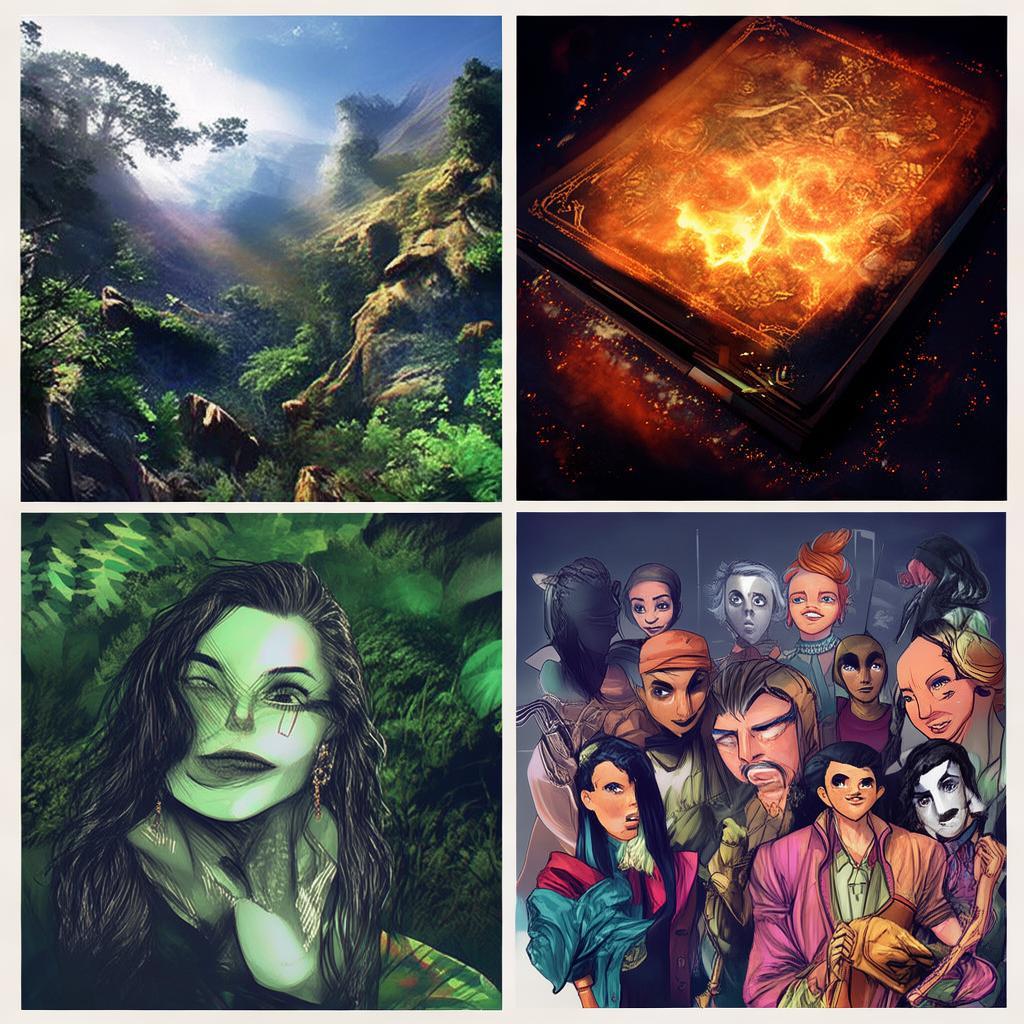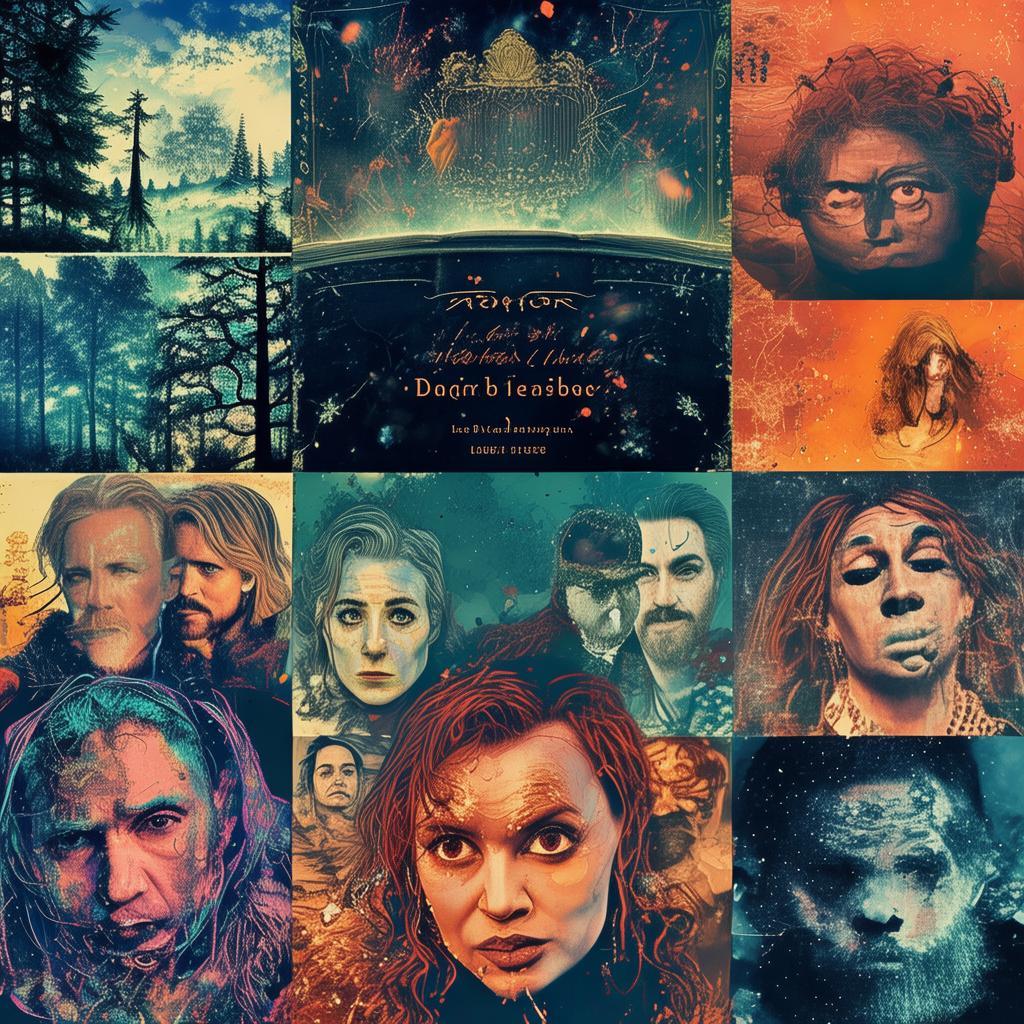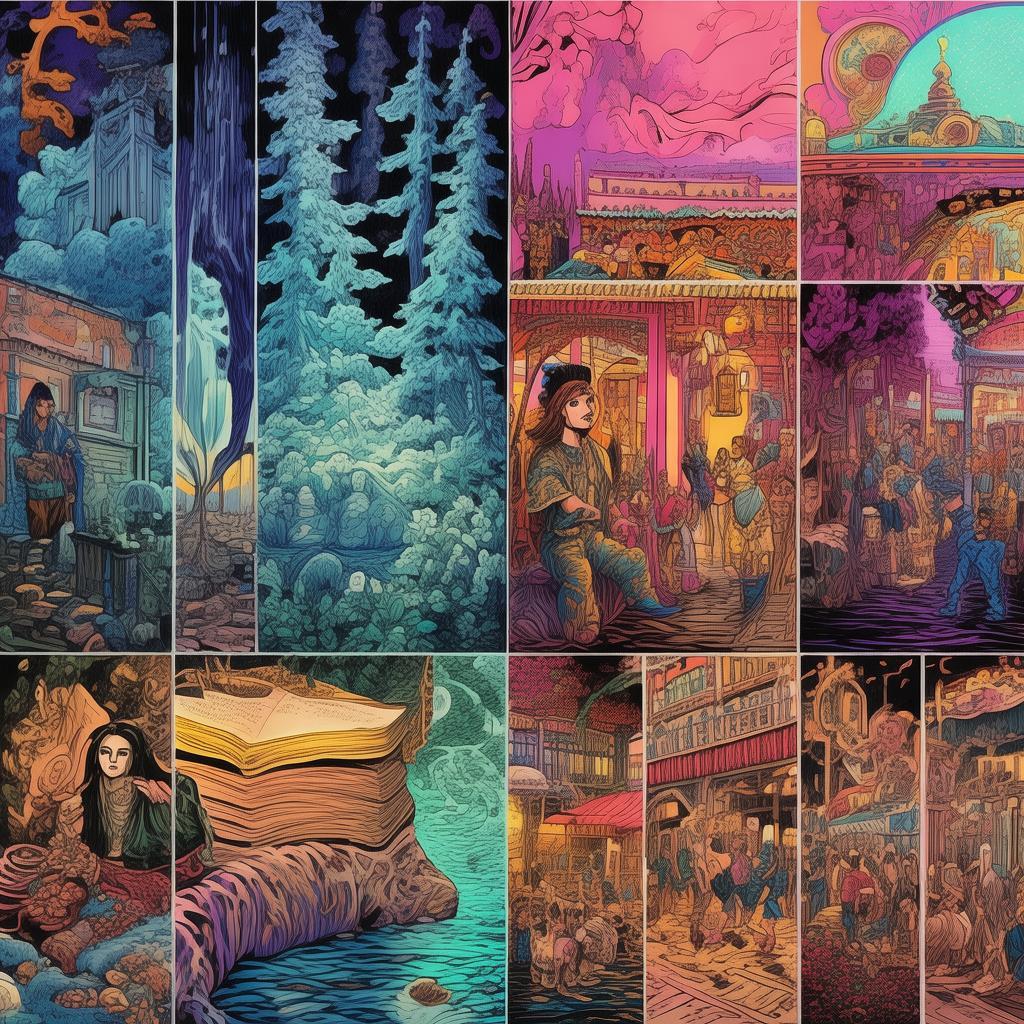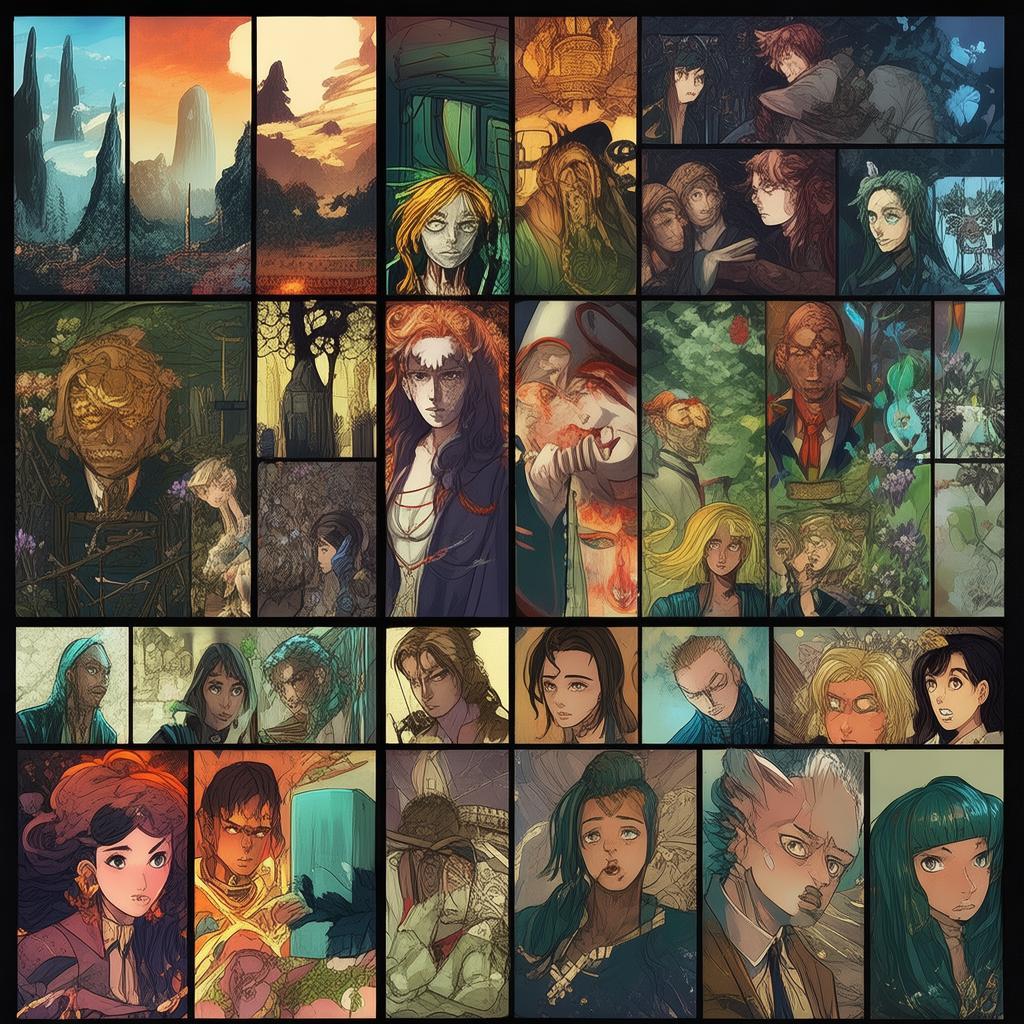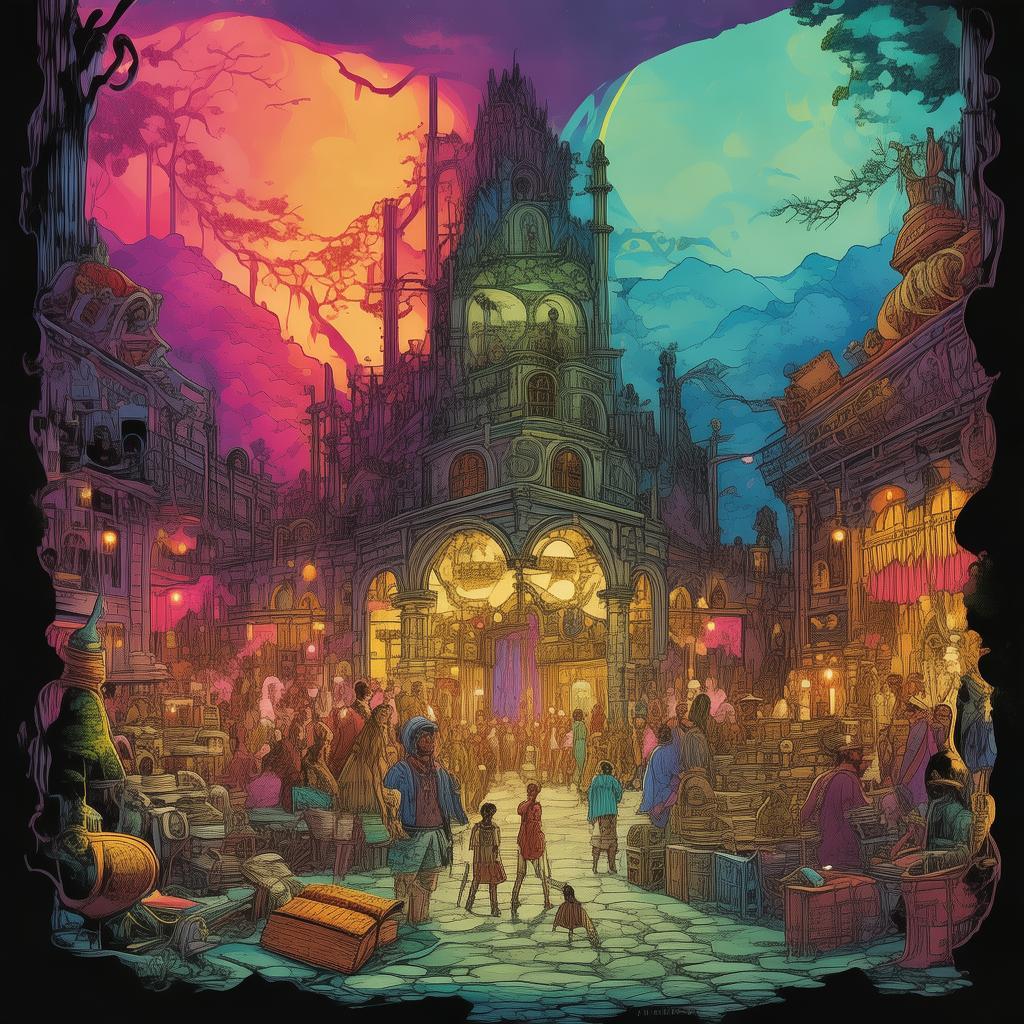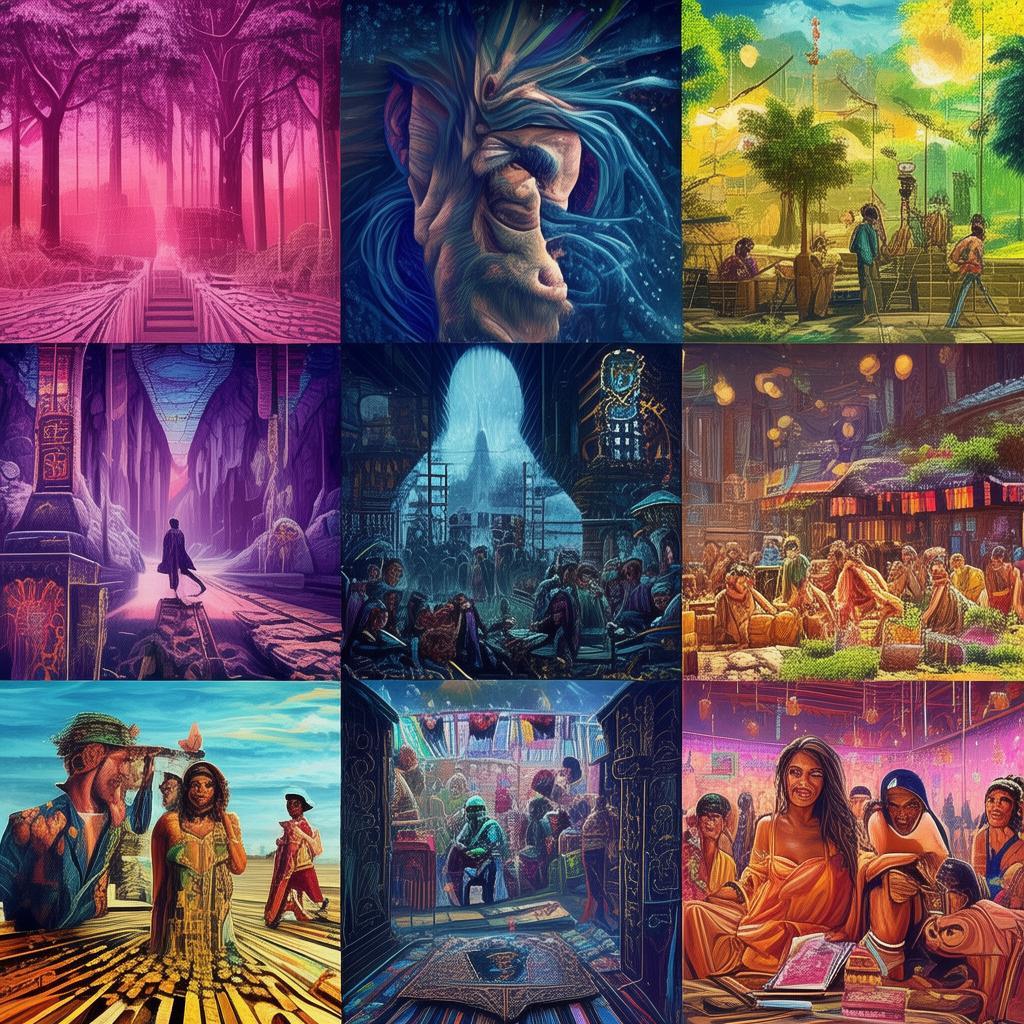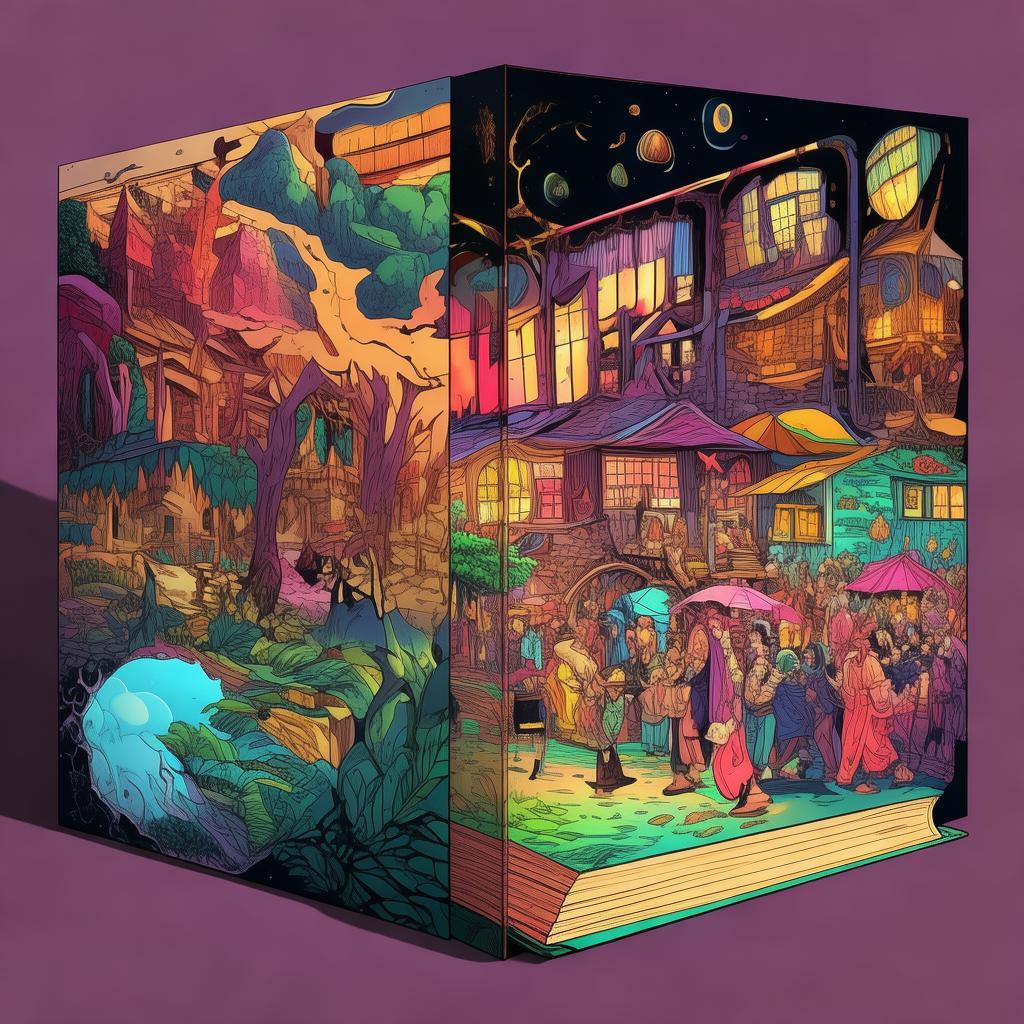Whispers in the Pages
The morning sun filtered through the gauzy curtains of the small, cluttered room that had been my sanctuary for years. I sat cross-legged on the floor, surrounded by the relics of my literary life: old books, dog-eared pages, and a stack of journals that chronicled the stories I had lived through. The scent of aged paper and ink filled the air, a comforting reminder of the countless worlds I had visited.
I was writing my memoir, a project that had taken me years to embark upon. The title, "The Bookish Symphony: My Memoir of Books and the Human Heart," was a reflection of the intricate relationship I had forged with the written word. It was through books that I had learned about love, loss, and the complexities of the human condition. It was through books that I had found solace, companionship, and a mirror to my own heart.
My journey began in the dusty library of my childhood, where the shelves were filled with tales of far-off lands and characters who felt more real than the people I knew in my own life. I remember the first time I read "Pride and Prejudice," how Elizabeth Bennet's wit and independence captivated me. She became my confidante, my ally in the world, and I found myself yearning for a life as rich and complex as hers.
As I grew older, my tastes evolved. I devoured the works of Dostoevsky, Kafka, and Camus, finding solace in the existential crises they explored. I was drawn to the rawness of human emotion, the pain and the beauty that lay just beneath the surface of our lives. It was through these books that I began to understand myself, to see the shadows and the light within my own soul.
One particular book, "The Brothers Karamazov," had a profound impact on me. It was a novel that delved into the depths of the human heart, questioning the nature of faith, morality, and the meaning of life. It was a book that spoke to the existential dread that had been gnawing at me since my youth. In the character of Alyosha, I found a kindred spirit, someone who struggled with the same questions and uncertainties that plagued me.
As I continued my literary journey, I discovered that books were not just a source of entertainment or enlightenment, but a mirror to my own life. The characters I encountered became my friends and adversaries, my teachers and mentors. Through them, I learned about love, loss, and the strength to carry on despite the pain.
One of the most pivotal moments in my life occurred when I read "The Catcher in the Rye." Holden Caulfield's voice resonated with me in a way that no other character had before. He was the embodiment of my own teenage angst, my rebellion against the adult world that seemed so hollow and artificial. Through Holden, I found the courage to embrace my own flaws and vulnerabilities, to accept that life was not always about the pursuit of happiness, but about the courage to face the darkness within.
As the years passed, my life took unexpected turns. I lost loved ones, faced professional challenges, and grappled with the complexities of relationships. It was during these difficult times that I turned to books for comfort and guidance. They became my refuge, my safe haven where I could escape the pain of the world and find solace in the words of others.
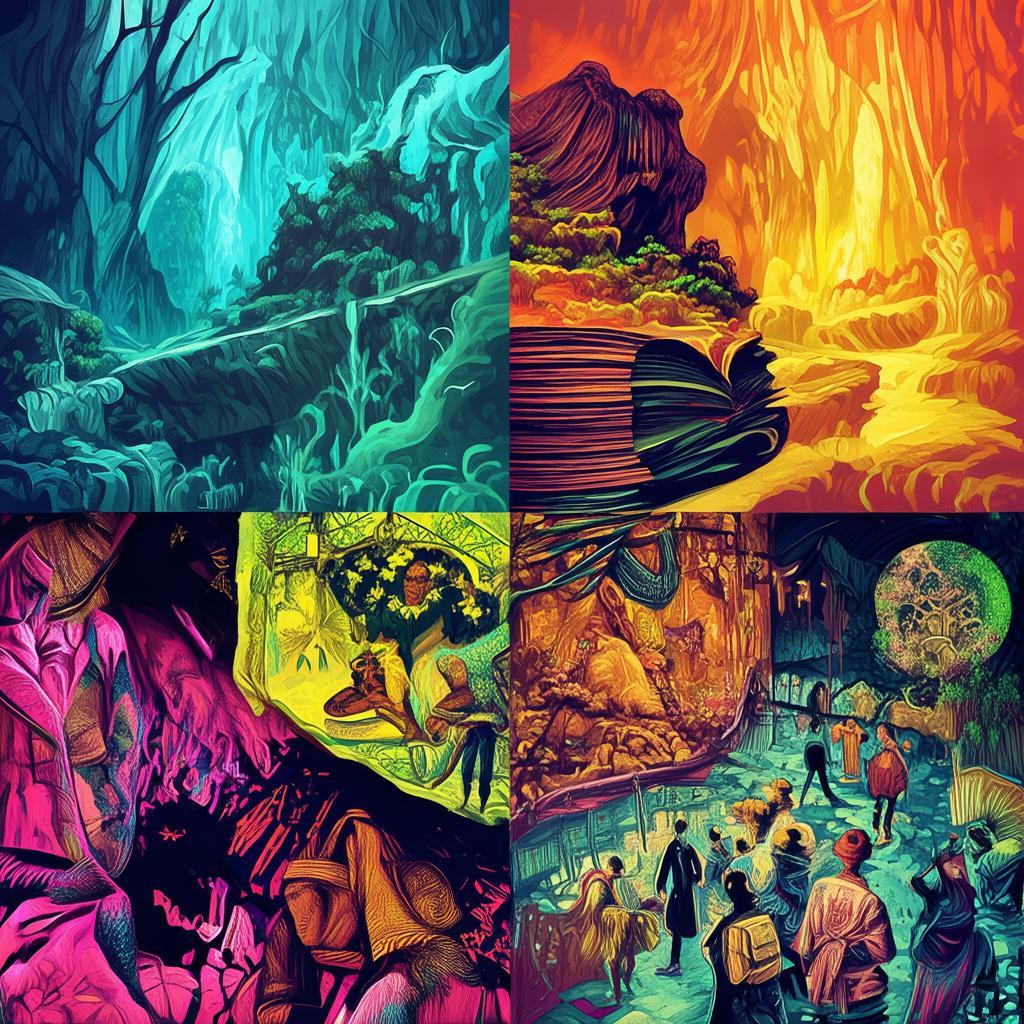
In "The Bookish Symphony," I chronicled these experiences, weaving together the threads of my life with the stories I had read. I explored how books had shaped me, how they had become an integral part of my identity. It was a journey that led me to understand that the human heart is a symphony of emotions, and that books are the instruments that play this symphony.
One of the most profound realizations I had during this journey was the connection between the written word and my own heart. I began to see that the characters I loved and admired were reflections of my own innermost desires and fears. In the pages of a book, I found a way to confront the parts of myself that I had tried to suppress, to acknowledge the pain and the joy that lay within me.
It was during a particularly difficult period in my life that I discovered the power of self-reflection through the lens of literature. I read "Wuthering Heights" and found myself deeply moved by the story of Catherine and Heathcliff, whose love was as passionate and tragic as my own. It was a reminder that love, in all its forms, is a powerful force that can both break and heal us.
In the final chapter of my memoir, I shared the lessons I had learned from my literary journey. I wrote about the importance of embracing life's challenges, of finding strength in vulnerability, and of the enduring power of love. I concluded that the human heart is a vessel that holds the capacity for both joy and sorrow, and that through the written word, we can explore the depths of our own hearts and those of others.
The completion of my memoir was a bittersweet moment. It marked the end of one chapter of my life and the beginning of another. As I held the finished manuscript in my hands, I felt a sense of closure, a sense of peace that came from knowing that I had shared my most intimate thoughts and feelings with the world.
In the end, "The Bookish Symphony: My Memoir of Books and the Human Heart" was not just a book, but a testament to the transformative power of literature. It was a love letter to the written word, a celebration of the human heart, and a reminder that in the pages of a book, we can find the courage to face the world and ourselves with open hearts and open minds.
✨ Original Statement ✨
All articles published on this website (including but not limited to text, images, videos, and other content) are original or authorized for reposting and are protected by relevant laws. Without the explicit written permission of this website, no individual or organization may copy, modify, repost, or use the content for commercial purposes.
If you need to quote or cooperate, please contact this site for authorization. We reserve the right to pursue legal responsibility for any unauthorized use.
Hereby declared.
